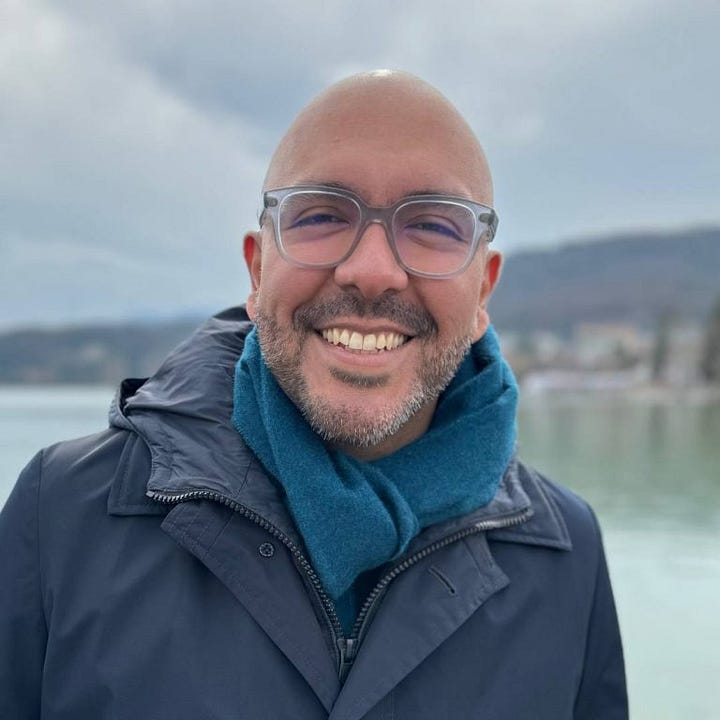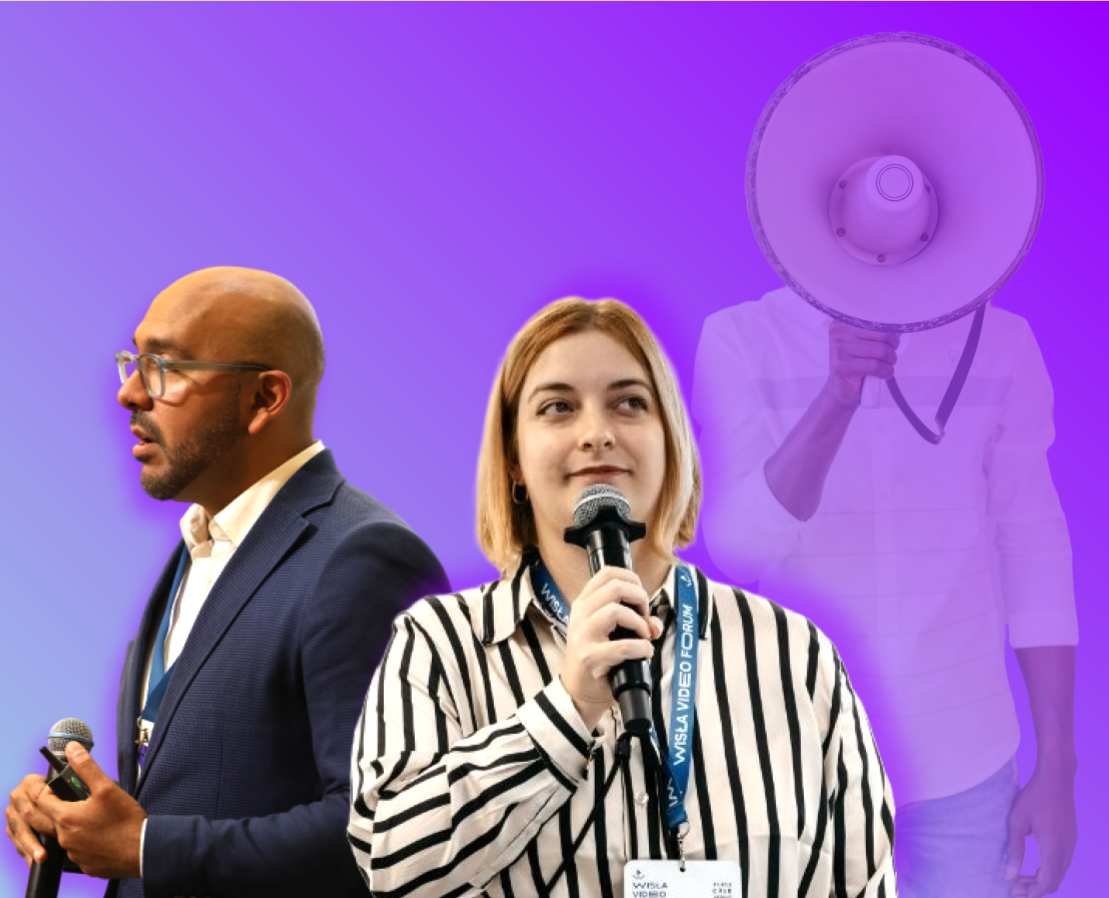Part 3 — What are the digital trends for politics and diplomacy?
Trump, the US elections, the future of campaigning, politics and diplomacy in this digital age. What's ahead?
💬 Quick CONVERSATION STARTERS this week:
Before we dig into Part 3 of our series on digital trends in politics and diplomacy, last week we focused on trends coming out of the US election and the victory of Donald Trump over Kamala Harris.
We are curious about your takes. Let us know in the comments.
Now, Part 3 of our new series features Dante Licona and Erika Marzano and their hot takes on the intersection of social media, technology, politics, and diplomacy.
Thank you to Marco Ricorda, Stéphanie Fillion, Roxy Ndebumadu, Gerry Diaz Bartolome, Anja Gabriel, and Alessandro Tommasi for they contributions in Part 1 and Part 2.
💥 Stay tuned for more very soon!
Dante Licona: “I can imagine a scenario with more world leaders joining Truth Social” … “X may consolidate its resonance for people interested in American politics and diplomacy”
* Dante Licona, Dante Licona is a social media strategist and consultant based in Geneva. He has been a digital diplomacy practitioner in government and international organizations. Dante helps teams and executives find ways to connect with the audiences they care about.
1) What are some of the biggest challenges for international organizations and large international advocacy groups when it comes to leveraging the power of digital?
Many International Organizations are struggling to get their message across. Getting engagement is hard; getting quality engagement from key stakeholders is exponentially harder. Another challenge — in Europe at least — is the friction for fundraising. Since Meta decided to eliminate the fundraising tools here back in July, a very sinuous user experience is getting in the way to convert people’s intentions into donations.


2) What would your top 3 digital tips be for diplomats and officials?
For those already posting:
Remember to add value in every post. Don’t just show me the handshake or panel you were in. Share with me why it matters for other people than only yourself.
Be authentic, so the people you know in real life recognize you in your digital voice.
Be consistent. With your values, organizational goals, and cadency of posting.
3) What are your predictions for digital diplomacy next year and beyond?
With President elect Trump, I can imagine a scenario with more world leaders joining Truth Social to make their case to him and his team. As of today, there aren’t many.
Given the role Mr Musk played in the election, X may consolidate its resonance for people interested in American politics, and diplomacy. Some folks will activate their notifications again.
The TikTokification of LinkedIn may be an incentive for the digital teams of World Leaders already producing vertical video content for their principals. We may see more Heads of State and Government posting videos on LinkedIn.
Erika Marzano: “As platforms amplify polarizing content to drive engagement, extremist rhetoric risks becoming more visible, potentially destabilizing democratic processes and international relations.”
* is an Audience Development Manager at DW and works on audience retention and engagement across the organization's 32 language services. She coaches journalists on how to connect with new audiences and trains them on how to adapt journalistic formats to platforms such as TikTok and Twitter/X. Erika has a background in journalism, European studies and modern languages, and has worked in communications and social media management before joining DW. For the past five years, Erika has also worked as a consultant in the field of social media for journalism.
1) What is your stance in the debate regarding legacy media v the role of social media creators?
Social media creators have emerged as key players in engaging younger audiences, especially Gen Z and Alfa, who value content that is relatable, real, and raw — qualities that traditional legacy media often lack. Platforms like TikTok have revolutionized how news is consumed by fostering authenticity and breaking down complex issues into accessible narratives. Legacy media, while essential for credibility and depth, must adapt to this new paradigm by collaborating with creators or adopting similar styles to remain relevant.


2) What are some of your top takeaways in terms of social media and digital diplomacy coming out of this year's global election super-cycle with over 70 countries going to the polls in 2024?
Social media has become the dominant platform for political campaigning, allowing candidates to directly connect with voters, amplify their messages, and engage in real-time debates. However, a strong online presence does not always guarantee electoral success, as vanity social media metrics like virality or follower counts do not necessarily translate into votes. The gap between online perceptions and offline realities remains a critical challenge for politicians, analysts and journalists.

3) What are your predictions for social media and digital diplomacy next year and beyond?
Social media will continue to dominate public opinion and diplomatic outreach, but the rise of extremism online poses a growing threat. As platforms amplify polarizing content to drive engagement, extremist rhetoric risks becoming more visible, potentially destabilizing democratic processes and international relations. Governments and organizations must not only focus on leveraging these platforms for engagement but also invest in countering disinformation and fostering digital literacy to combat radicalization. In this context, balancing free expression with accountability will be a central challenge for the next phase of digital diplomacy.









